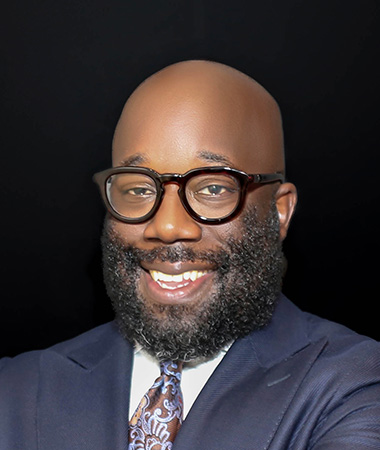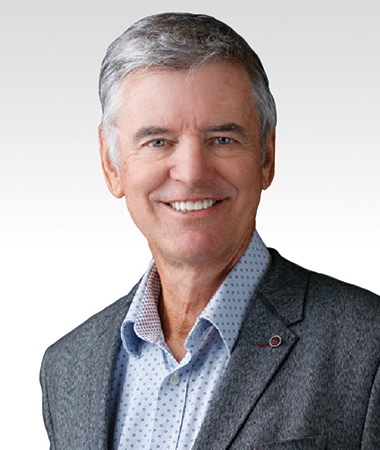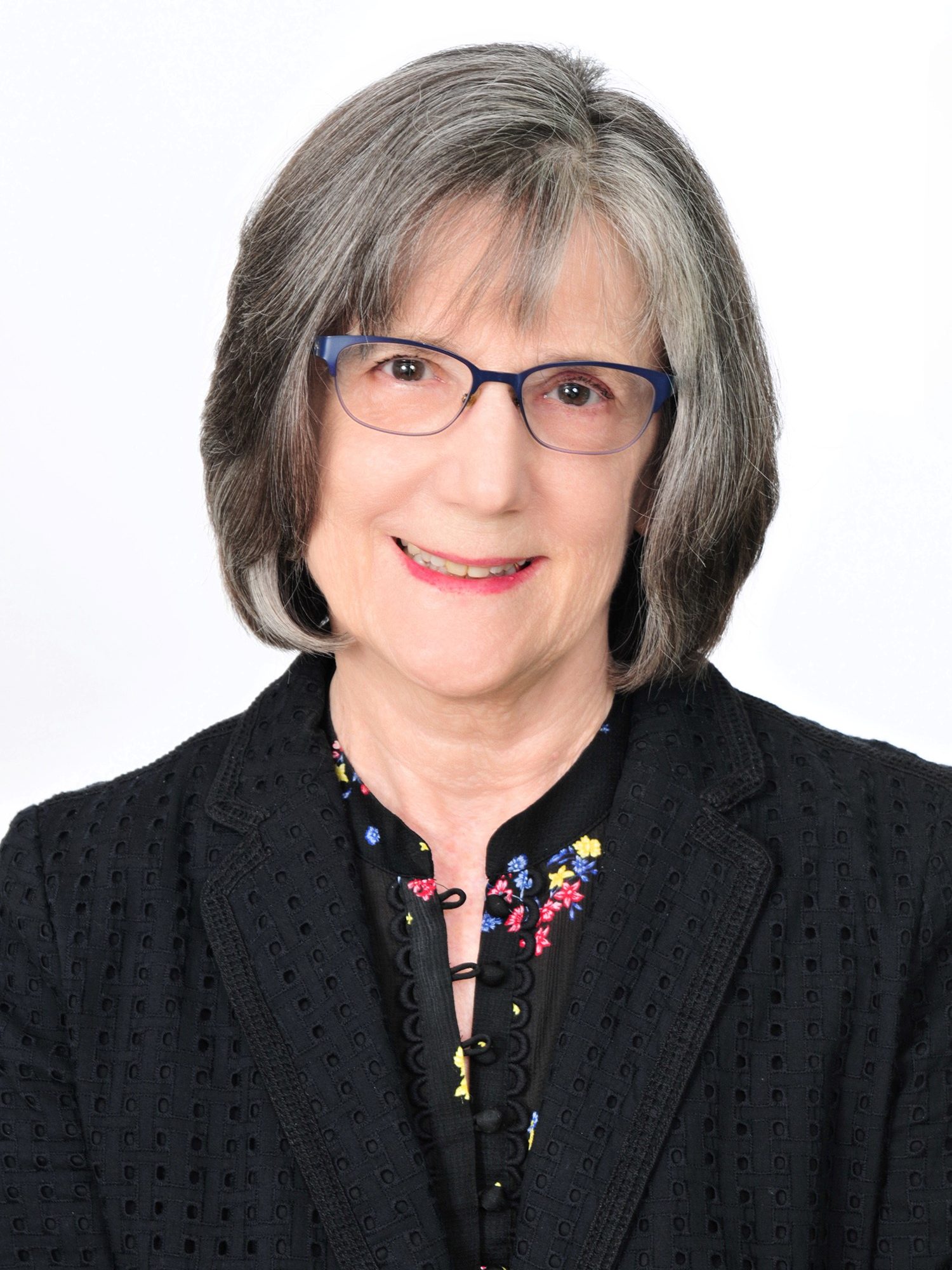Special Events

Special Event: Inclusivity Spotlight
Friday, May 23, 10:30 AM – 11:30 AM
The More You Know: Essential Truths for Social Justice Research, Practice, and Policy
Charles Barrett, Loudoun County Public Schools
Moderator: Kalynda Smith, North Carolina Agricultural & Technical State University
This session highlights principles to effectively engage in research, practice, and policy that produces equitable outcomes. Informed by his career as a school psychologist, Charles Barrett discusses adopting a systems orientation; challenging ourselves and others; looking beyond quantitative data; centering those whom we serve; empowering families; and being cognizant of our lived experiences.

Special Event: APS-David Myers Distinguished Lecture on the Science and Craft of Teaching Psychological Science
Know Thy Impact: Major Findings Relating to the Science and Craft of Teaching Psychological Science
John Hattie, University of Melbourne
This lecture summarizes findings from over 2,500 meta-analyses, highlighting four key claims: fostering a positive class climate, empowering students to drive their learning, engaging teachers in evaluating their impact, and building collective teacher responsibility for assessing the fidelity and impact of teaching practices.

Special Event: Presidential Roundtable
Friday, May 23, 1:00 pm – 2:50 pm
Diversity, Equity, and Inclusion (DEI): International Perspectives and Challenges
Chair: APS President Randi C. Martin, Rice University
Rosa Rodríguez Bailón, University of Granada
Mustafa F. Ozbilgin, Brunel University of London
Kunalan Manokara, Duke University
Felicia A. Henderson, INSEAD Business School, France
This Presidential Roundtable aims to increase awareness of the research efforts across different countries and continents on DEI issues and the successes and challenges of these efforts globally. Four researchers with expertise from across several countries present the research or practices that they have carried out and findings on effectiveness of different approaches. They also briefly discuss broader issues, such as the government support and protections in place, the response of business to DEI initiatives, the effect of US trends on these efforts, and the future of DEI research and interventions. Half of the session time is reserved for discussion among the panel and with the audience.
Clinical Science Forum
The two-part Clinical Science Forum focuses on the future of clinical science. In Part One, recent rising stars in clinical science will showcase their work. In Part Two, Q&A panel speakers will provide updates on projects funded by APCS to improve clinical science training. The Clinical Science Forum is organized by the Academy of Psychological Clinical Science.
Clinical Science Forum Part 1 – Early Career Awardees
Chair: Alexandra Moussa-Tooks, Indiana University Bloomington, USA
Large Language Models (LLMs) and Psychopathology Research: What Can They Do and What Can’t They Do?
Keanan J. Joyner, University of California, Berkeley, USA
The explosion of interest around Large Language Models (LLMs) has been felt in many fields. However, there are unique considerations for clinical science. The current talk will The talk explores the utility of LLMs for mental health research.
Investigating the Effects of Violence and Trauma on Families Using a Health Equity Lens
Maria M. Galano, University of Massachusetts Amherst, USA
Experiencing violence and trauma undermines mental health and can have effects that spill over across generations. This talk will discuss novel mechanisms connecting caregiver and child mental health in the context of trauma. It will also highlight the necessity of using a health equity lens to study these processes.
The Psycholinguistics of Psychotherapy
Erik Nook, Princeton University, USA
Therapy is essentially a set of conversations where clients and therapists exchange ideas through language. How do words “get under the skin” to move clients from dysregulation to health? I’ll present a series of findings examining how theory-informed psycholinguistic constructs track effective therapy interventions in a large corpus of transcripts.
Clinical Science Forum Part 2 – Looking Ahead: Updates and Ways Forward (Discussion/Panel)
Chair: Alexandra Moussa-Tooks, Indiana University Bloomington, USA
Understanding and Improving Clinical Internship Experiences for Trainees With Minoritized Identities
Stefanie Sequeira, University of Virginia, USA
Strengthening Dissemination and Implementation Science Training Across Clinical Psychological Science Doctoral Programs
Briana Last, Stony Brook University, The State University of New York, USA
The Internship Application Process: Developing a Q&A Panel for Students
Lauren Weinstock, Brown University, USA
Clinical Science Forum Coffee Break
Join us! Enjoy light refreshments while chatting with your clinical science colleagues, Forum speakers, and APCS president about (a) improving clinical science training and (b) how to move the needle forward in clinical science!
APS Awards Ceremony: A Celebration of Excellence
Saturday, May 24, 9:00 AM – 10:00 AM
APS honors members throughout their careers with the field’s most prestigious awards and recognitions. The 2025 APS Awards Ceremony will recognize recipients of the James McKeen Cattell Fellow Award, James S. Jackson Lifetime Achievement Award for Transformative Scholarship, William James Fellow Award, Mentor Award, and Janet Taylor Spence Award for Transformative Early Career Contributions. Join your colleagues to celebrate these achievements in psychological science.
View the 2025 APS Award Recipients

